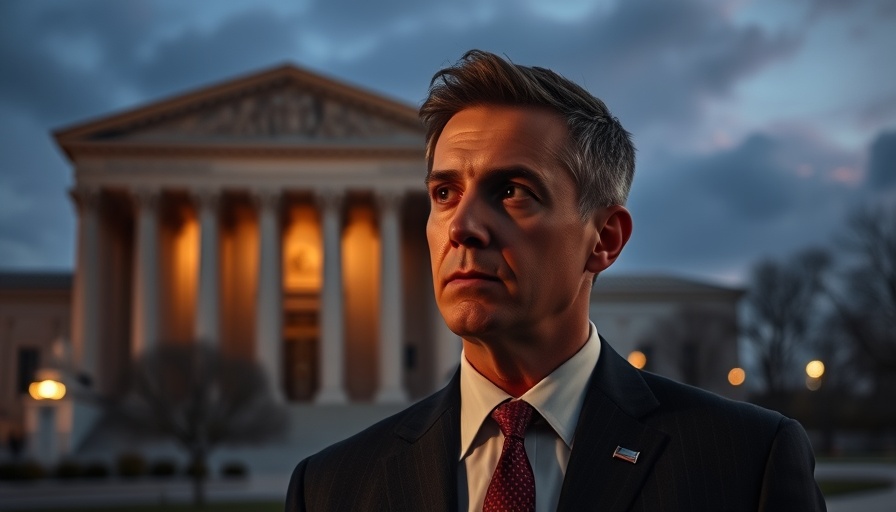
The Supreme Court Takes Center Stage: A Crucial Debate on Birthright Citizenship
As America grapples with contentious immigration policies, the Supreme Court prepares to hear vital arguments concerning the Trump administration's restrictions on birthright citizenship and the enforcement of nationwide injunctions. This pivotal case is expected to have far-reaching implications not just for immigration law, but also for the very fabric of American democracy. The debate centers on whether the country should uphold the principle that anyone born in the U.S. is automatically granted citizenship, a right enshrined in the 14th Amendment. This legal scrutiny comes amid ongoing discussions about national identity and immigration reform.
The Foundation of Birthright Citizenship in America
Birthright citizenship has its roots in the 14th Amendment, ratified in 1868, which was designed to ensure that all persons born or naturalized in the United States are citizens. This law was a fundamental step in establishing equality in the post-Civil War era, aiming to include formerly enslaved individuals in the rights of American citizenship. However, the Trump administration’s proposed restrictions cast doubt on the future of this long-standing principle, which has influenced immigration policies for over a century.
Injunctions: A Tool of Resistance or Overreach?
The Supreme Court's deliberation also encompasses the enforcement of nationwide injunctions that lower courts have issued against Trump’s immigration policies. These judicial actions have often been viewed as pivotal mechanisms of resistance against what some deem executive overreach. Critics assert that such broad injunctions can disrupt federal policies and create inconsistencies across states. By examining the legality and appropriateness of these injunctions, the Court aims to define the limits of judicial power in federal immigration enforcement.
Political Implications of the Supreme Court's Rulings
The outcomes of these discussions could send shockwaves through the political landscape. Should the Supreme Court uphold Trump's restrictions on birthright citizenship, it could embolden similar policies, compelling Congress to pursue more drastic immigration reforms. On the other hand, if the Court decides against these restrictions, it could assure immigrants and advocates that the foundations of American citizenship are secure, igniting further debates on immigration reform.
The Voice of the Nation: Public Opinion on Immigration
Polling indicates a divided public opinion on immigration issues. Many Americans believe in stricter immigration policies, reflecting a broader sentiment of nationalism. However, there is a counter-current advocating for a more inclusive approach to citizenship, celebrating the diversity that immigrants bring to American society. The Supreme Court’s ruling could further polarize or unify these opposing viewpoints, depending on its interpretation of law and its implications for everyday Americans.
Looking Ahead: Implications for American Democracy
The ramifications of the Supreme Court's eventual ruling extend beyond birthright citizenship, touching on questions of national identity, civil rights, and the future of American democracy. This case arises at a time when the country is experiencing heightened political tension surrounding immigration, and the consequences of this legal debate will likely be felt for generations to come.
 Add Element
Add Element  Add Row
Add Row 



 Add Row
Add Row  Add
Add 


Write A Comment